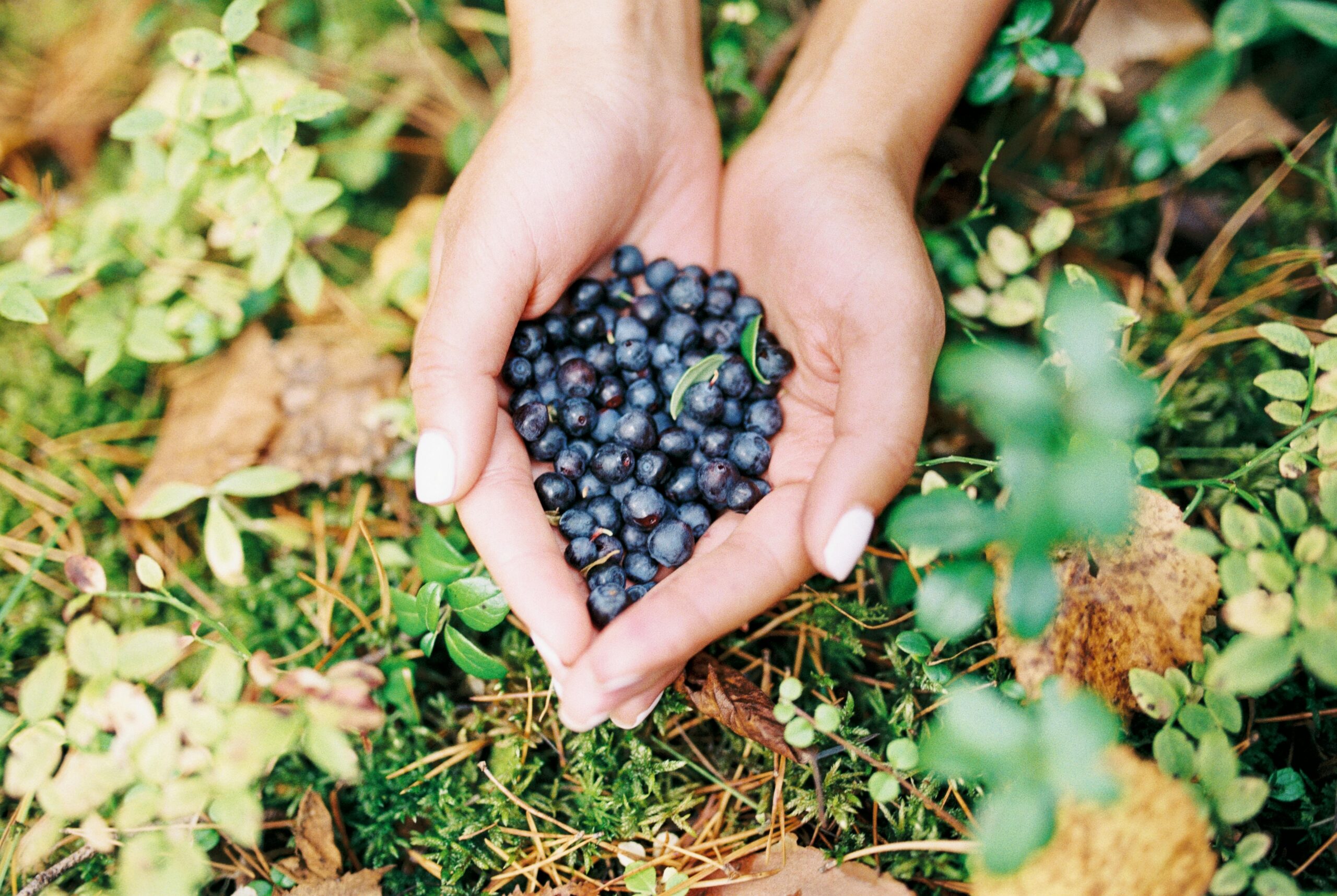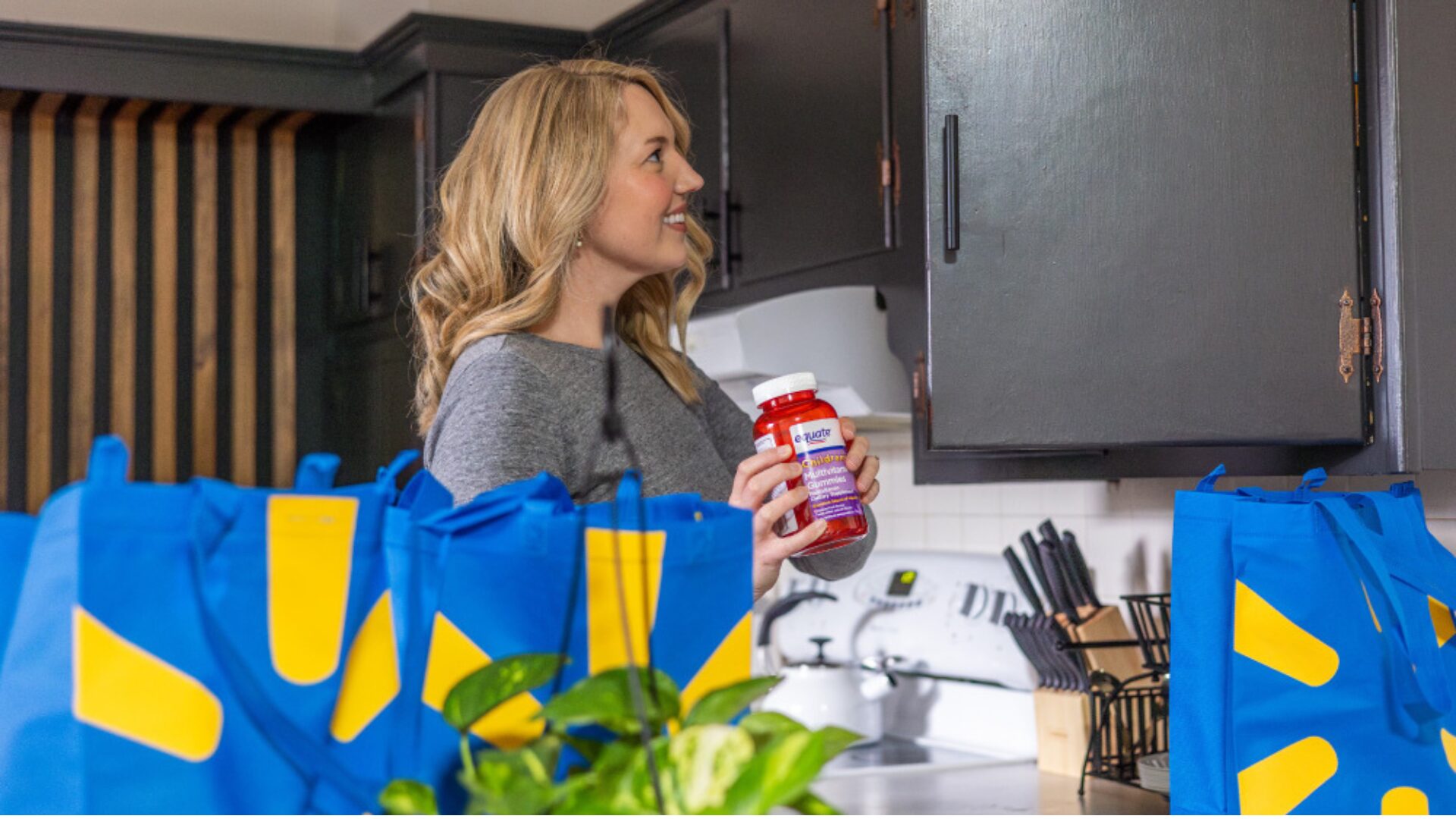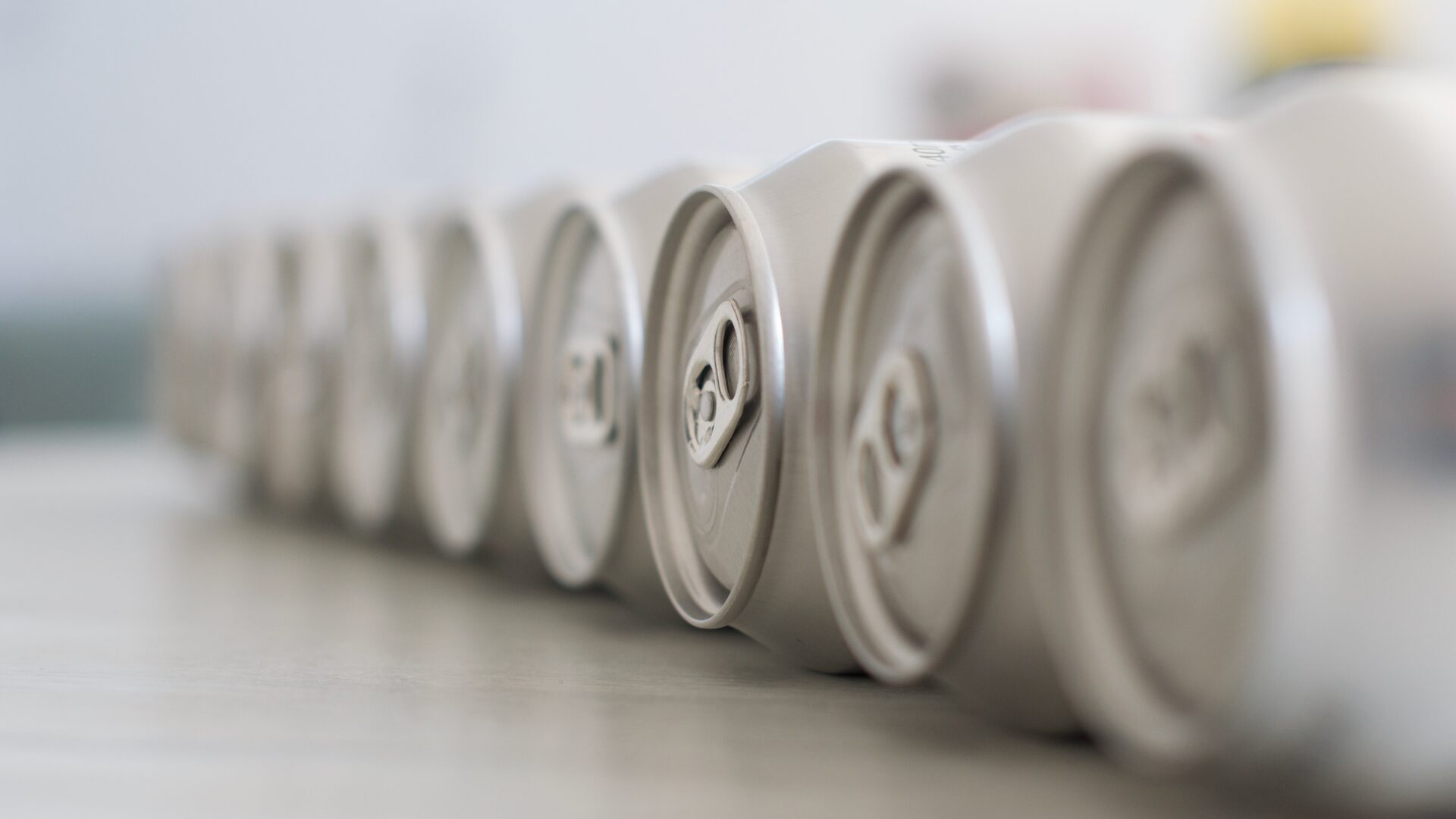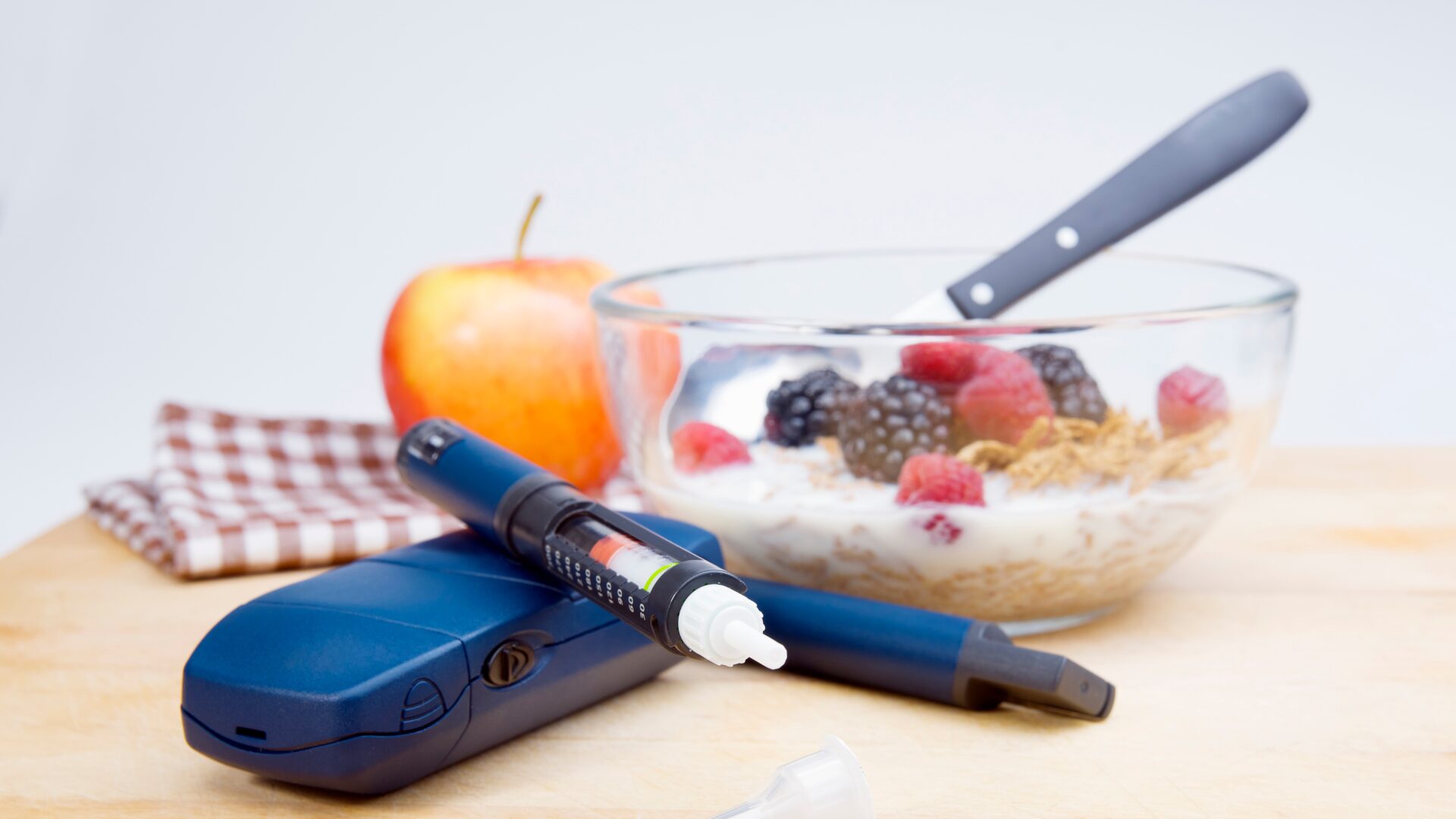Two hundred million Americans cannot be wrong. That is how many follow health and wellness programs, according to Labelinsight, and they report that the global health and wellness food market was $940 billion in 2022 and is projected to grow at a 5% CAGR, hitting $1.47 trillion in 2027. Kroger has a favorite tagline – “Food as Medicine” – because we can either pay the grocery bill or the doctor.
According to Tufts, suboptimal diets cost $1.1 trillion annually in the U.S. via healthcare spending and lost productivity, equivalent to the entire food sector’s economic output.
These factors and others are why this represents a major market opportunity for F&B companies as households where a member’s condition can be managed through diet spend $270 billion annually, according to Pitchbook.
The growth in health and wellness is especially visible in private-label brands. According to one study, 89% of consumers believe private-label products offer similar or superior value over branded products. For private-label manufacturers, this not only boosts margins but builds loyalty to their label. Some private-label brands that excel are Costco’s Kirkland, Trader Joe’s, Walmart, Target, and Whole Foods. Albertsons has a program for a full refund if you are not 100% satisfied with store-branded products.
I predict that while private label represents 25% of all units manufactured, it will exceed branded products and build to 50% or more of units manufactured. U.S. grocery store private-brand dollar volume rocketed 10.3% in the first quarter of 2023, nearly twice the 5.6% gain of national brands compared to a year ago.
Snacking is a major trend in America, fueled by millennials and Gen Z. Big Food and Big Pharma are betting big on snacking as weight loss drugs boom. Nestle is pushing their “smeals” while Kellogg’s spun off its cereal business and is concentrating on its snacking business, Kellanova. This is also evident as Smucker paid $5.6 billion for Hostess, Mondelez bought Cliff Bar for $2.9 billion, and Hormel bought Planters for $3.35 billion.
Perhaps the biggest increase is seen in products related to gut health. There’s a growing awareness of the connection between diet, health, mindful eating, gut health, and diets such as the Mediterranean Diet, Door Dash Diet, and New Blue Zone diet that contain beans, squash, and corn, and that deliver high protein at a low cost. It is also evident in the increase in prebiotic and probiotic products and the emphasis on reduced sugar, salt, and low-calorie products. Functional foods and beverages such as kombucha, cold-pressed juices, herbal teas, and others containing antioxidants and omega-3 fatty acids add to beverages with benefits.
With the proliferation of AI and technology, personalized nutrition is booming. The future of healthcare relies on personalized, data-driven methodologies to enhance well-being and actively prevent the development of chronic illnesses, according to one CEO.
There is also a glut (not gut) of other products comprising this category, such as healthy frozen foods (think CauliPower), cognitive and stress-reducing products (CBD and THC infused), mood foods and beverages, and anti-aging products. We cannot forget superfoods and nutrient-rich choices to add to the list.
Retailers are taking note. Albertson’s launched Sincerely Health, which offers nutrition tips and access to USDA MY PLATE guidance. They also offer rewards, coupons, and health scores. Kroger provides online advice about healthy eating.
But while retailers are taking note, careful execution is necessary to succeed. They need products that have strong contribution margins and are in a growing market. This requires premium pricing and innovation. By understanding consumer trends and having a strong marketing and branding strategy, the future of health and wellness products is bright.
Louis Biscotti is the national leader of Marcum’s Food and Beverage Services group. He’s been an entrepreneurial leader in accounting for over 40 years, and is a frequent lecturer and published author on various financial and business topics. His expert advice has appeared in both national and local publications such as The Wall Street Journal, Newsday, Long Island and New Jersey Business News, Supermarket News, and Food Dive. He also founded a series of best practice forums for food and beverage companies, which attract nearly 500 senior executives annually, as well as an annual food and beverage survey.
About Marcum LLP
Marcum LLP’s Food & Beverage Services group has the perfect recipe of knowledge and service capabilities to help companies stay flexible. Marcum’s professionals provide the accounting, tax, and consulting services so that companies can concentrate on the growth of their business. Marcum serves a variety of food and beverage clients including distributors and manufacturers, importers, restaurant chains, processors and packaging, agribusinesses, and retailers. For more information, please visit marcumllp.com/industries/food-beverage.










